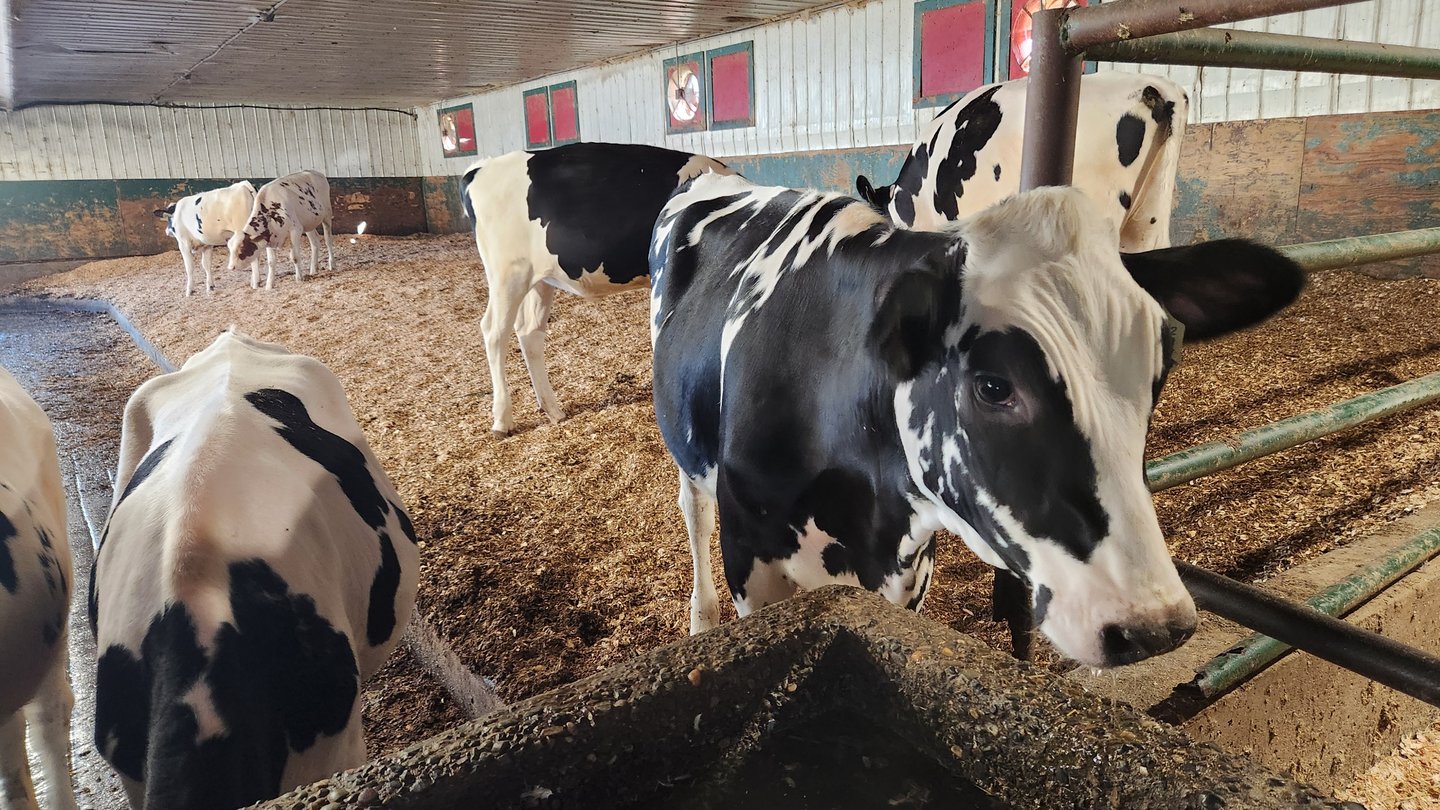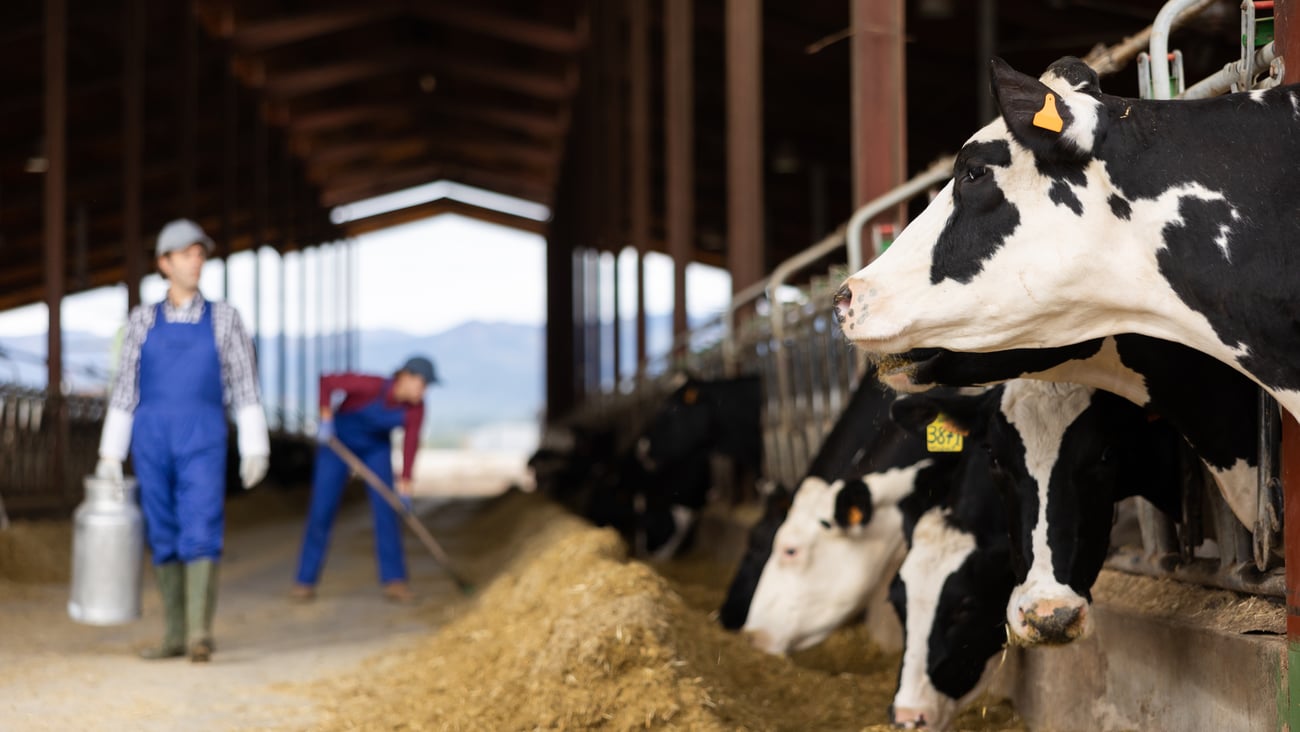Our dairy addiction is making Canada a trade pariah
When it comes to supply management and trade policy, Canada seems trapped in a cycle of repeating the same costly mistakes.
Before Mark Carney’s arrival as Prime Minister, the previous Parliament adopted Bill C-282, introduced by the Bloc Québécois. The bill granted blanket immunity to Canada’s supply-managed sectors—most notably dairy—against any future concessions in trade negotiations, regardless of the partner or economic context. It effectively locked in protectionism for a system that is already struggling to justify itself in the modern global economy.
During the federal election campaign, on April 3, Mr. Carney stated in a Radio-Canada interview that no legislation was necessary to protect Canada’s dairy industry. It appears he has since changed his mind—or someone changed it for him.
Last week, the newly elected 45th Parliament unanimously passed Bill C-202, a near-identical copy of C-282. The Senate may still push back, as several senators have signaled concerns about the bill’s long-term economic implications. But the momentum is clear: supply management is once again being shielded from scrutiny under the pretense of national interest.
Politically, it’s a savvy move—especially for the Bloc. In Ottawa, few MPs from any party dare challenge one of the most powerful lobby in the country: The Dairy Farmers of Canada. Their influence is formidable, both federally and provincially.
But the question remains: What exactly are we protecting?
Canada has the highest industrial milk prices in the G7. This is not true for poultry or eggs—but it is for milk, a critical staple in household diets. These elevated prices do not necessarily lead to innovation or reinvestment. In fact, many producers are content to maintain the status quo, knowing the system protects them from competition. The result? Canadian consumers foot the bill for a sector with little incentive to become more efficient or cost-effective.
Defenders of supply management often point to food safety and quality. It’s true that bovine growth hormones are banned here. That’s commendable. But there are other practices that deserve more transparency.
A 2022 study published in Trends in Food Science and Technology revealed that palm oil derivatives are permitted in dairy cow feed in Canada. This may contribute to the now-documented phenomenon of firmer, less spreadable butter at room temperature—a story known as “Buttergate” was dismissed by dairy farmers initially, despite mounting evidence.
More recently, a peer-reviewed study co-authored by researchers at McGill and Dalhousie Universities and published in Ecological Economics estimated that Canada discards between 600 million and one billion litres of milk annually. The dairy lobby vehemently disputed these findings but has yet to present alternative data. The reality is simple: cows don’t stop producing milk when market demand fluctuates, and losses—whether in volume or value—are inevitable.
READ: Ridding milk quota system would have its downsides, farmer says
Canada’s dairy sector has long cultivated a culture of opacity. Rather than engage with critics or offer transparency, it leans on silence and self-congratulation. Accountability is elusive, and reform is taboo.
Looking ahead, Canada will need to renegotiate trade deals with the United States, Mexico, and other partners. Two choices await: we either pay billions in compensation to dairy farmers for theoretical “losses” each time concessions are made—a practice that borders on economic racketeering—or we forfeit our credibility as a reliable trade partner, unwilling to negotiate in good faith for a sector that represents less than 1 per cent of our GDP.
What message does this send to the world at a time when Canada urgently needs to diversify its economy?
By clinging to a misunderstood and outdated system, our elected officials are prioritizing short-term political gain over long-term economic progress. We are rewarding complacency and institutionalizing inefficiency—all under the guise of defending national interests.






